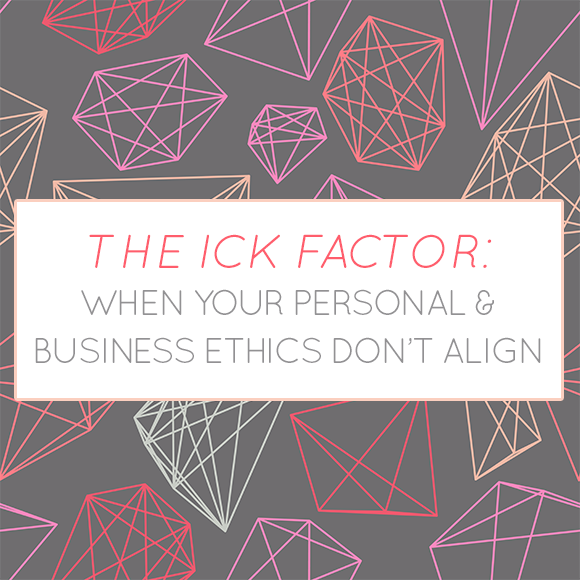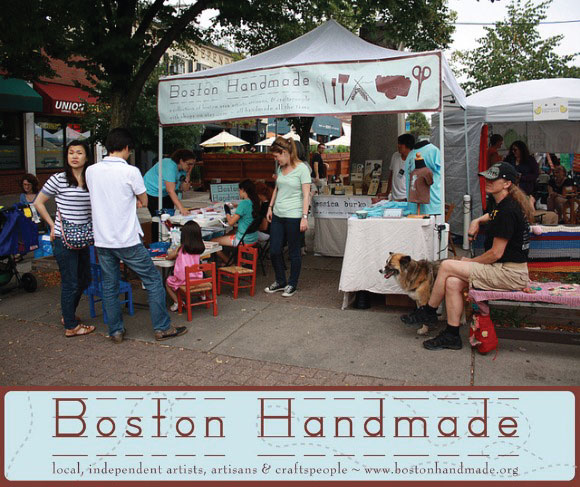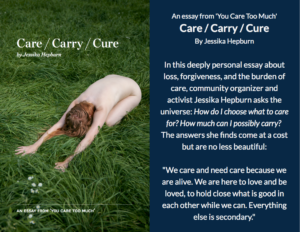Shopping small and local as much as possible is very important to me. When I started seriously making chainmaille, I decided to buy my supplies from a family-owned shop I came across on Etsy. I loved that my money was going toward supporting a fellow small business. Because I was new to making jewelry and metal is expensive, I started making silver plated jewelry. The … [Read more...] about The Ick Factor: When Your Personal & Business Ethics Don’t Align
It Takes A Community To Grow An Artist
Before I decided to focus on my jewelry business, I worked at a family support program in the city in which I live. The work emphasized the importance of community in parenting. One saying I heard repeatedly was “It takes a village to raise a child.” As a staff member, I always felt like I was part of something bigger, and I loved being a part of that village. The families who … [Read more...] about It Takes A Community To Grow An Artist



